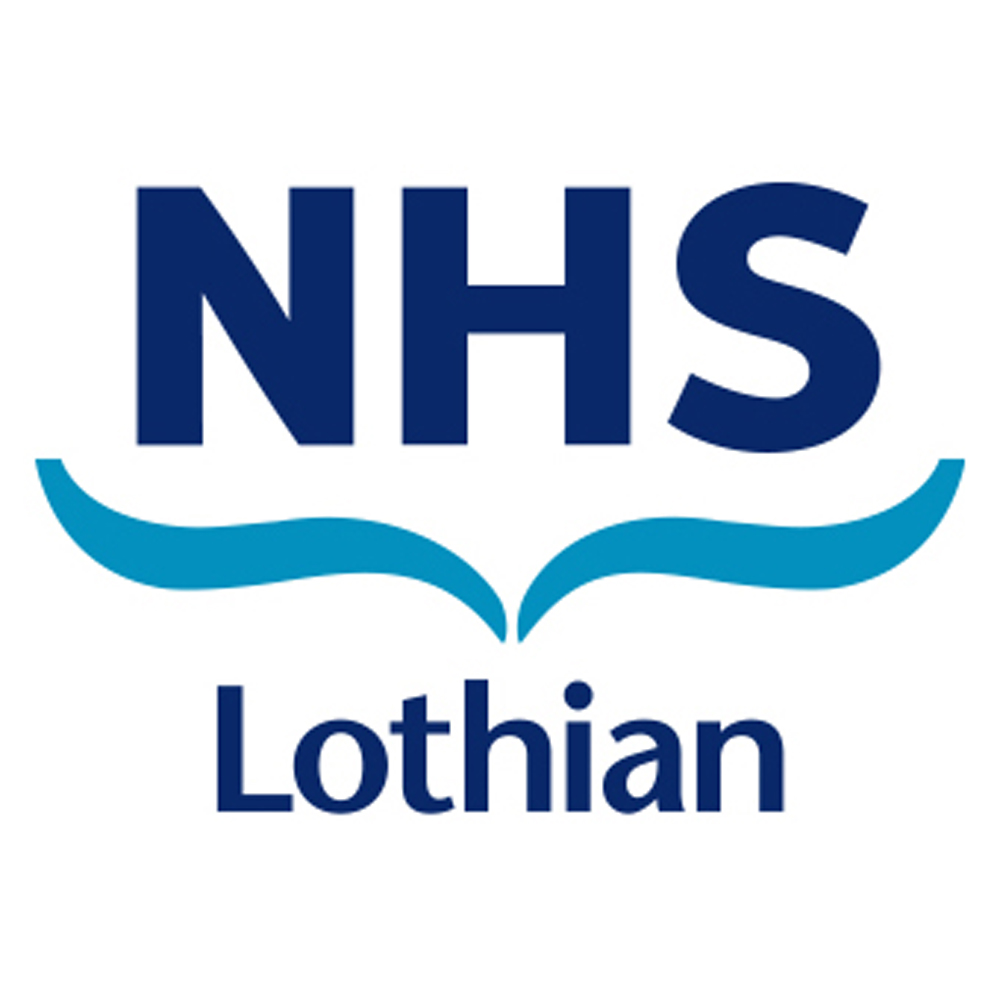ONE doctors’ surgery is closing every month in Scotland due to an ever growing staffing crisis.
At least 14 GP practices have shut since the start of 2016, including five in the NHS Lothian area.
There has been widespread concern about the shortage of new doctors in Scotland since two surgeries in Forth Valley were taken over by the local health board in 2015.
Since those closures, the health board has been forced to intervene 14 times because of problems replacing staff.
There have been three practices which have announced they are to close in the past two weeks alone.
Since the start of last year, five practices have closed in the NHS Lothian area, three in Ayrshire and Arran, three in Highland, two in Fife and one in Tayside.
Strathesk Medical Practice in Bonnyrigg, Midlothian, has been forced to tell patients it can only offer emergency appointments between March 29 and April 13 because staffing levels are so stretched.
The practice used to have eight doctors but has two on maternity leave whilst one has retired.
Claire Walker, a GP for 14 years at the surgery said: “A lot of days we are only providing an emergency service because we do not have enough doctors.
“I am extremely concerned about the state of primary care in the NHS. My colleagues are overstretched.
“Our practice manager is becoming the doctors’ shoulder to cry on and a target for frustrated patients complaining about a lack of appointments.
“How can GPs keep the doors open with so many support services around them being closed or downsized around them?
“Is there anybody in the government who will listen, address these issues and improve things?”
There are similar stories from around the country, with doctors at Glencairn Medical Practice in East Ayrshire saying they were giving up with “immense sadness” because of shortages of staff and money.
Five doctors have resigned from Deans and Eliburn Practice in West Lothian, whilst Cromarty Medical Practice in the Highlands is handing the surgery over to the health board because they’re struggling to recruit doctors.
Since October 2015, there have been three surgeries merged in the Highlands whilst one in Helensburgh, Argyll and Bute, is staffed entirely by locums.
Alan McDevitt, chairman of the British Medical Association’s Scottish GPs committee said: “It is essential that health boards have comprehensive plans in place and are doing all they can to support such practices.
“In particular, they must ensure that patient care is not impacted and that patients continue to receive the healthcare that they require.”
Miles Mack, chairman of the Royal College of General Practitioners Scotland, said: “If anything shows the need to urgently inject increased and sustained funding into general practice it is the growth in the numbers of practices finding themselves forced to hand back their contracts to their health boards.”
NHS Lothian admitted that locum doctors were getting paid higher fees because of the staffing shortage.
A spokeswoman said: “Unfortunately the challenges around the GP recruitment and retention mean that GP locums are in short supply and many practices are regularly unable to secure any locum cover at all to cover vacancies and absences.
“As a result, some locums now seek to agree a higher fee.”
Shona Robison, Scottish health minister, said: “Earlier this month, I announced an additional £71.6 million in 2017 for direct support of general practice.
“We are committed to reinvigorating general practice so we can attract more people into it, make things better for people already working there and ensure it has a bright future.”


